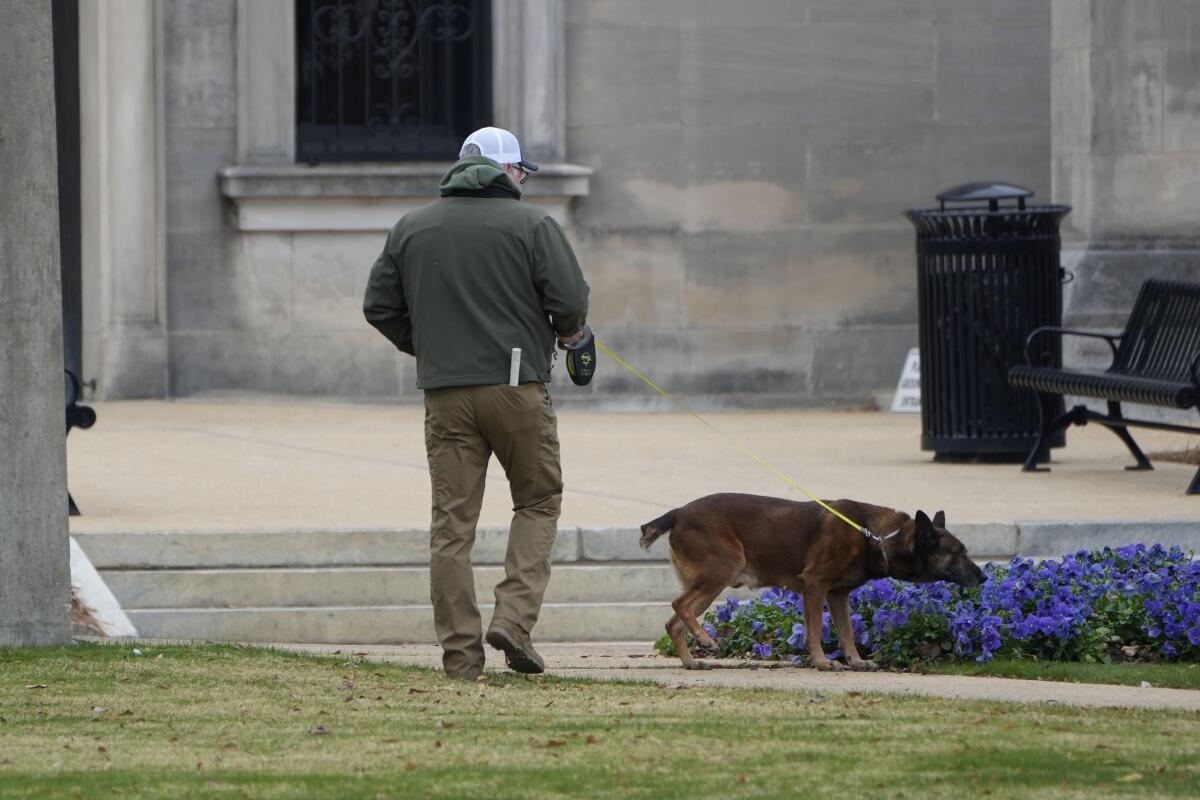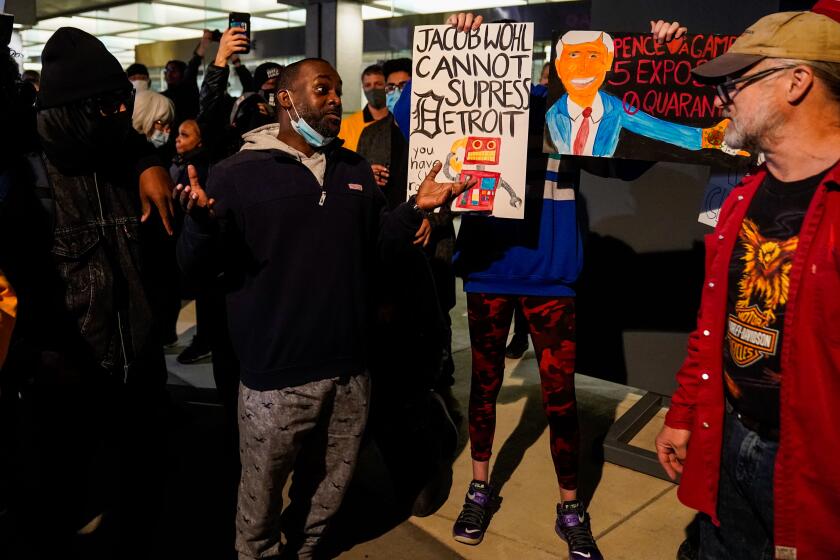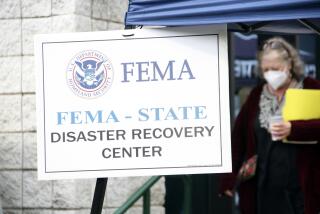Hoax bomb threat prompts evacuations of several state capitols

FRANKFORT, Ky. — A bomb threat emailed to officials in several states early Wednesday briefly disrupted government affairs and prompted some state capitol evacuations, but no explosives were found and federal officials quickly dismissed the threat as a hoax.
The threat follow a spate of false reports of shootings at the homes of public officials in recent days.
Connecticut, Georgia, Hawaii, Kentucky, Maine, Michigan, Minnesota, Mississippi and Montana were among the states that evacuated statehouse offices or buildings.
The FBI said it was aware of numerous hoax bomb threats at state capitol buildings, but had “no information to indicate a specific and credible threat.” The bureau said it was working with state, local and federal law enforcement to gather, share and act on information.
“The FBI takes hoax threats very seriously because it puts innocent people at risk,” it said in a statement.
Kentucky Gov. Andy Beshear said on X, formerly known as Twitter, that the Capitol was evacuated while state police investigated a threat received by the secretary of state’s office. Lawmakers were elsewhere for ethics training, but secretary of state spokeswoman Michon Lindstrom said some candidate filings were disrupted.
The mass email warned of multiple explosives that would go off in a few hours.
The list of security challenges keeps growing for election officials preparing for the 2024 presidential election.
Public safety officials locked down the Mississippi Capitol on Wednesday morning following a bomb threat on the second day of the legislative session.
The state Senate delayed its morning meeting. The building was evacuatedand bomb-sniffing dogs circled before an all-clear was given.
“This is an ongoing investigation and there is no further threat to the Capitol or surrounding buildings,” said Bailey Martin, a spokesperson for the Mississippi Department of Public Safety.
The closures were brief and disruptions minimal in most states.
Montana’s Capitol reopened within two hours after a sweep of the building was completed and the threat was found not to be credible, said Megan Grotzke, spokesperson for the Department of Administration.
In Minnesota, oral arguments at the state Supreme Court inside the Capitol were interrupted, but were moved to other courtrooms in the Minnesota Judicial Center, said Kyle Christopherson, a spokesperson for the Minnesota Judicial Branch.
Other states — including Wyoming, Oklahoma, Nebraska, Missouri and Maryland — received threats, but didn’t close their capitol buildings.
Several public officials have been hit by “swatting” calls in recent days. Swatting is a prank call made to emergency services intended to bring a police response.
Republican U.S. Rep. Marjorie Taylor Greene of Georgia was targeted by a fake emergency call on Christmas morning. Maine Secretary of State Shenna Bellows was hit by a swatting attempt a day after she removed former President Trump from the state’s presidential primary ballot under the Constitution’s insurrection clause, a decision Trump is appealing.
Other public officials targeted in recent days include Rep. Brandon Williams (R-N.Y.), Sen. Rick Scott (R-Fla.), Boston Mayor Michelle Wu and Ohio Atty. Gen. Dave Yost.
Hundreds of swatting cases occur annually.
AP reporters Michael Goldberg, Emily Wagster Pettus, Lindsey Whitehurst, Amy Beth Hanson, Trisha Ahmed, Dylan Lovan and Bruce Schreiner contributed to this report.
More to Read
Get the L.A. Times Politics newsletter
Deeply reported insights into legislation, politics and policy from Sacramento, Washington and beyond. In your inbox three times per week.
You may occasionally receive promotional content from the Los Angeles Times.











